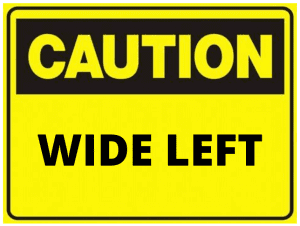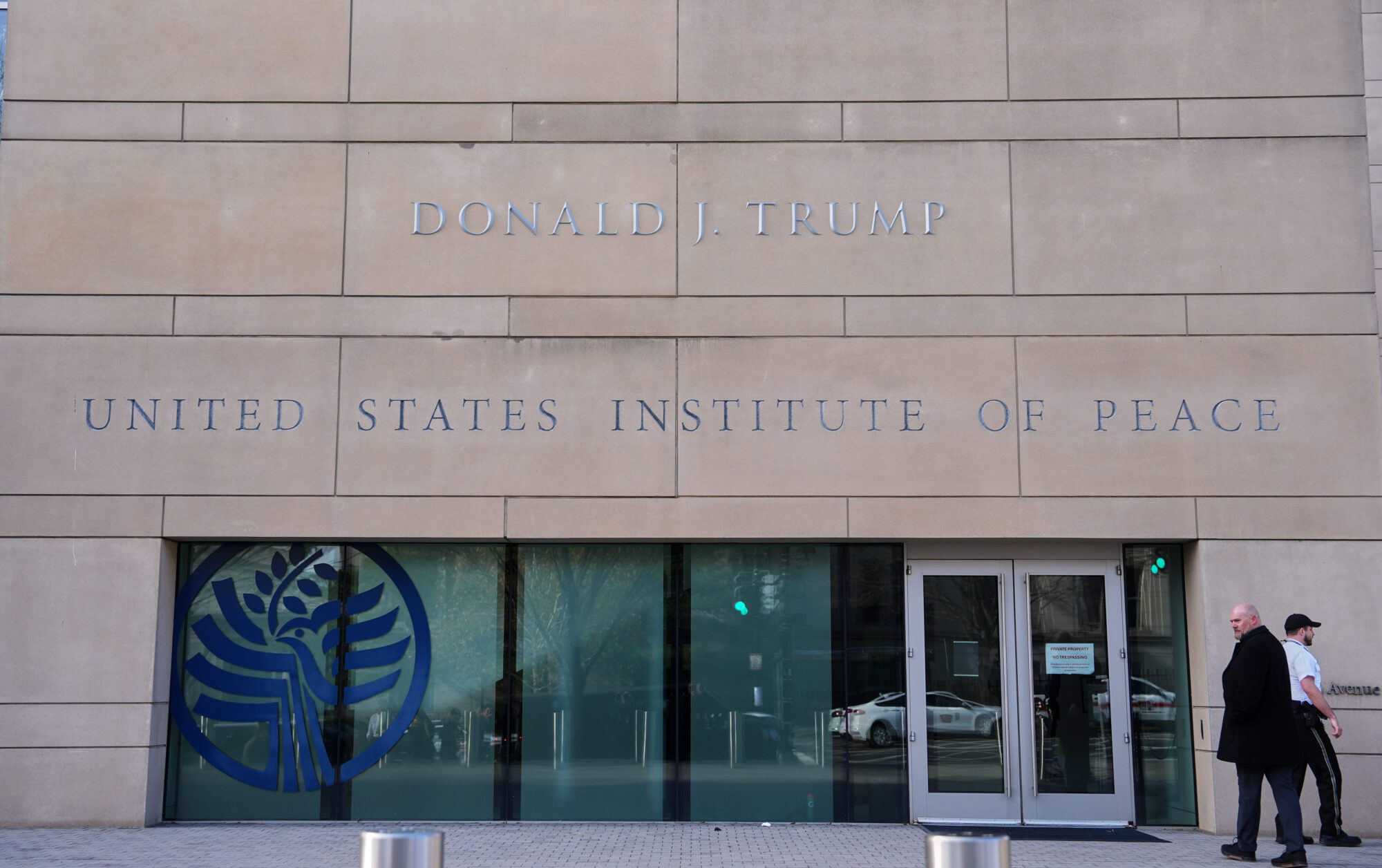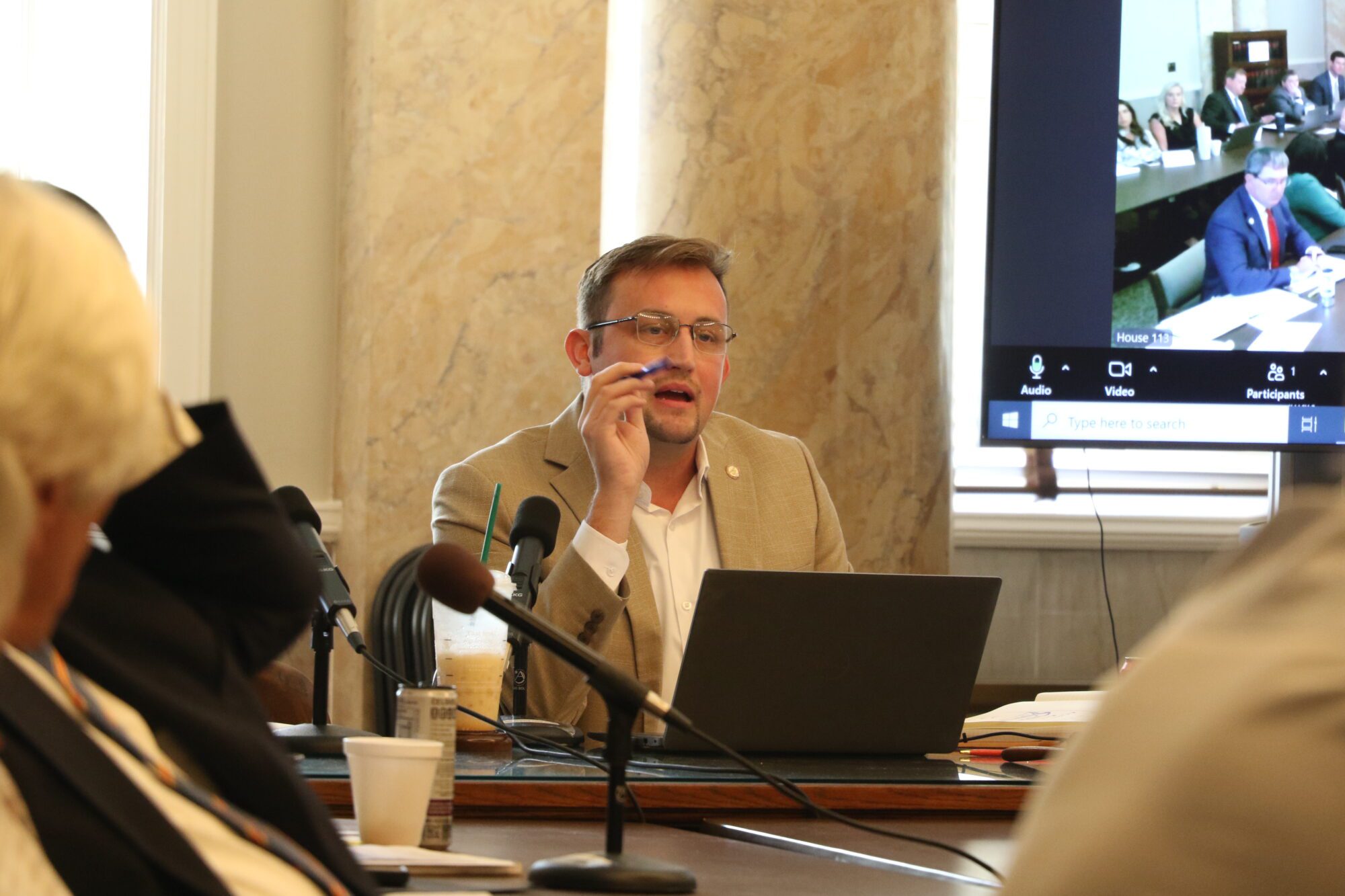
The mainstream media, even in Mississippi, is content with generating copious amounts of left-leaning clickbait.

The media outlet Mississippi Today is taking that to a new level using nearly $8 million of tax deductible cash dumped into the platform since its inception.
Long-time Capitol reporter Bobby Harrison has once again carried out the bidding of his multi-millionaire donors by releasing a hit piece targeting the state’s Attorney General, Secretary of State and Governor over the Presidential election. And it serves as yet another poignant example of why many of those in office will not offer comment to or cooperate with Mississippi Today on stories.
Harrison’s latest op-ed is titled “Lynn Fitch sued states that made election changes. Perhaps she should look closer to home.” He begins by saying, “Perhaps Mississippi Attorney General Lynn Fitch should sue Secretary of State Michael Watson.”
“After all,” Harrison writes, “Watson essentially did what Fitch and 18 other Republican state attorneys general sued four states for doing: enacting changes to election procedure without garnering legislative approval.”
Harrison goes on to jab at Fitch and Watson over their support of the Texas Presidential election challenge that questioned the validity of the results in Wisconsin, Pennsylvania, Georgia and Michigan. To hear Mississippi Today’s dictated version of events, the Texas challenge “sought to have about 20 million ballots invalidated,” parroting a narrative the liberal media has used for weeks.
However, the truth of the matter is that the Texas case alleged that because these states conducted elections that violated their own laws by relying on executive or judicial branch decisions instead of following their legislatively enacted practices, they threw the integrity of the election into question, harming not only their voters, but also voters in other states.
Mississippi Attorney General Fitch said as much in the press release she issued when her office announced that it was seeking to intervene in the case.
“I have joined my colleagues in supporting Texas’ efforts to ensure that our elections are free and fair,” Fitch said on December 9, 2020. “Voter fraud elsewhere dilutes the votes of Mississippians and it makes a mockery of the very foundation of our government. I am proud to defend the votes of the people of Mississippi and will continue to fight for their rights.”
But, as political analysts are known to do at times, Harrison takes liberties with a Mississippi election case to claim that Secretary Watson did what he was critical of in the other states.
“…even in Mississippi this year, election changes were made without legislative approval. Attorneys for the Lawyers Committee on Civil Rights and the Southern Poverty Law Center announced in October they were dropping a lawsuit filed against Mississippi because of voter safety issues related to the COVID-19 pandemic after Watson agreed to make changes to the procedure for processing absentee ballots received by mail.
“Under the change, local election officials were required to provide notice to people voting by mail if their ballots were being rejected because of signature verification issues and allow voters “to cure” or correct the problem.
“When asked how what he did was any different than what election officials did in those pivotal swing states, Watson argued it was much different because he was acting within his regulatory authority given to him by the Mississippi Legislature to establish guidelines to carry out the election…”
Last week at the Capitol and six days before this piece came out, Harrison was so hyped about his assumptions that he pressed Watson in the press gaggle following the Electoral College vote. Watson, an attorney and not one to shy away from being questioned, schooled Harrison on the topic, with the Secretary ultimately saying, “So no, we didn’t do what you’re trying to insinuate.”
Watch the video clip of the exchange below.
Secretary Watson is correct in that his office was given certain authority by the Legislature to conduct the election, and it was not dependent on an executive or judicial branch directive as was the case in some other states. As such, here’s what Harrison missed:
House Bill 1521 gave the Secretary of State’s office the authority to adopt administrative rules to ensure that an absentee voter’s absentee ballot is the voter’s final ballot so that the voter may not appear in person and cast a regular Election Day ballot. If for some reason that person either did not return his/her absentee ballot or that absentee ballot was rejected, then the affidavit ballot may count if found to be proper.
The provision also allowed the Secretary of State’s office to draft rules to address counting absentee ballots in the registrar’s (circuit clerk for county elections) office, rather than being taken to the polling place as was previously the practice. Prior laws required absentee ballots to be taken to the polling place and processed (accepted/rejected) after the polls closed on Election Day, which made for a very long day for poll managers. Now, absentee ballots are kept in the registrar’s office and processed while the polls are open. The Resolution Board (now responsible for processing absentee ballots) can start as early as 7:00 a.m. (when polls open) processing the absentee ballots, but the accepted absentee ballots cannot be tabulated until 7:00 p.m. when the polls close.
Under the same authority, the Secretary of State adopted administrative rules to allow for an absentee voter whose absentee ballot was rejected due to a signature mismatch, meaning the signature on the absentee application not matching the absentee ballot envelope, an opportunity to “cure” the defect.
Watson in his official capacity was sued by several plaintiffs, one being the League of Women Voters, and in that lawsuit, the plaintiffs alleged that not having a “cure” process for rejected absentee ballots to this signature mismatch was unconstitutional. While some states use computer programs to match signatures on file with the county (whether from voter registration applications or an agency like DPS), Mississippi’s process is manual and completed by human members of the Resolution Board.
The Secretary’s office saw no harm in allowing voters an opportunity to prove their identity and “cure” the rejected absentee ballots as very few absentee ballots are rejected for a signature mismatch. But it was allowed under legislative authority given to the Secretary of State’s office, not by a judicial decree.
Further, House Bill 824 gave the Secretary of State’s office the authority to adopt administrative rules and regulations for the safety of the polling place with regard to COVID-19. Watson’s office used those administrative rules to require social distancing, to the extent possible, and for the poll managers to wear personal protective equipment, such as masks, face shields, and gloves. Due to the changing nature of COVID-19, these rules were only temporary for the 2020 Election Cycle, but should COVID-19 persist, the Secretary of State’s office says that it will reimplement those rules for the 2021 Municipal Election Cycle as well.
Again, each of these provisions were permissible under the authority granted the Secretary of State’s office by the Legislature.
Harrison then goes on to write, “Despite the multiple court rulings, some Mississippi officials including Watson, Fitch and Gov. Tate Reeves continue to question the validity of the election… On social media Reeves said, ‘a safe and fair election here in Mississippi — not upended by last minute schemes to radically alter voting methods. Election integrity is vital.'”
“Both Reeves and Watson spoke last week of officials in other states ‘flooding’ their states with unsolicited mail-in ballots,” Harrison goes on to write. “In reality, that did not occur in any of those four swing states. In some of the states, voters were sent unsolicited applications for absentee ballots. That practice was challenged in court and approved as being within the framework of the law.”
What Harrison misses is the same thing many in the mainstream media miss or act intentionally dense about, that is the notion that both Governor Reeves and Secretary Watson are entitled to their opinion that election practices such as no excuse mail-in voting and unsolicited mailed ballots are not the way to ensure the integrity of our election system. That opinion is not novel. Many Mississippians, perhaps even a majority, would agree with those opinions.
Based on their unabashed advocacy for universal mail-in voting during this year, Harrison and his colleagues at Mississippi Today obviously disagree with this position and thus chose to frame the narrative in a manner that slights Reeves and Watson’s opinions on the topic.
Harrison was so disturbed by the Governor’s opinion on this that on the same day of the Electoral College vote where he questioned Watson on the matter, he attempted to press Reeves multiple times. The Governor did not get in the weeds with Harrison, choosing instead to express his opinion on the topic and remain composed.
Bobby gave it his best shot, targeting Mississippi’s Republicans on behalf of his donors, but as is often the case with the Mississippi Today crowd, he missed wide left yet again.











